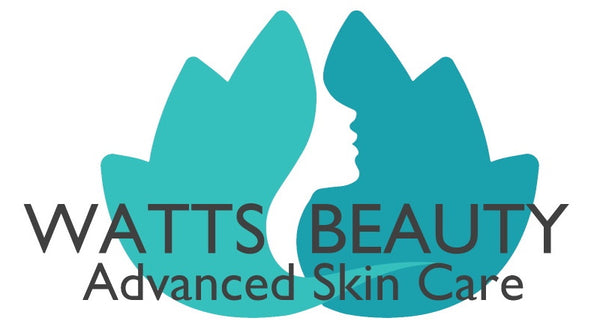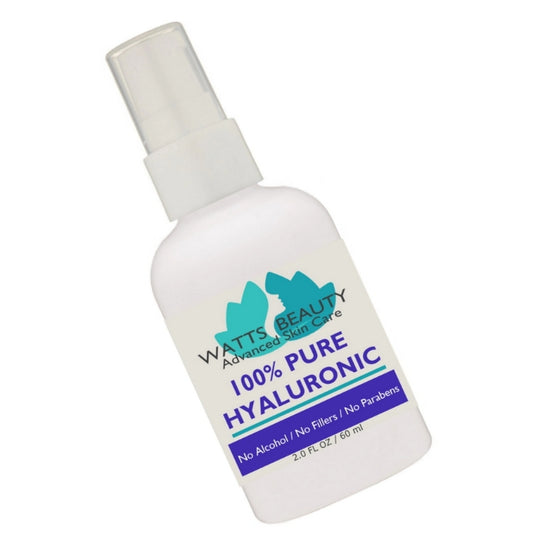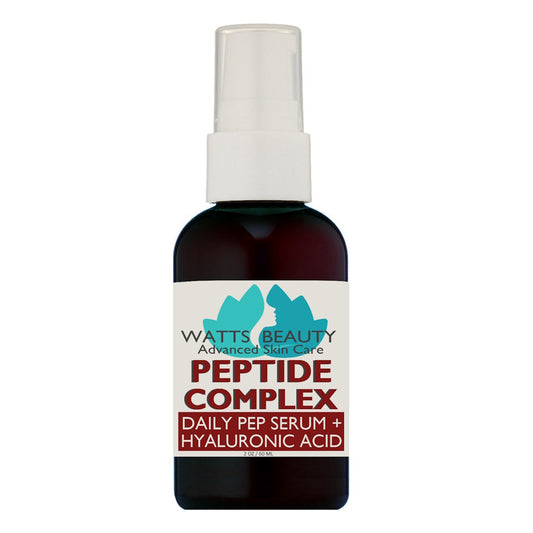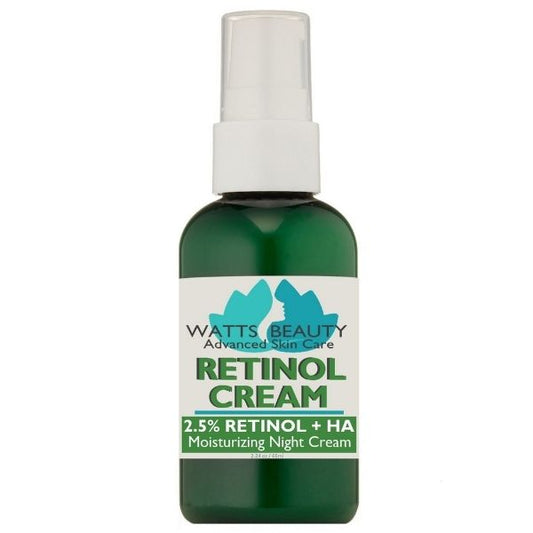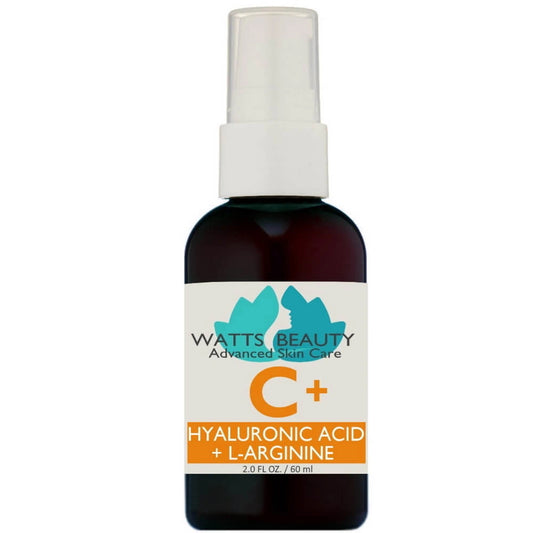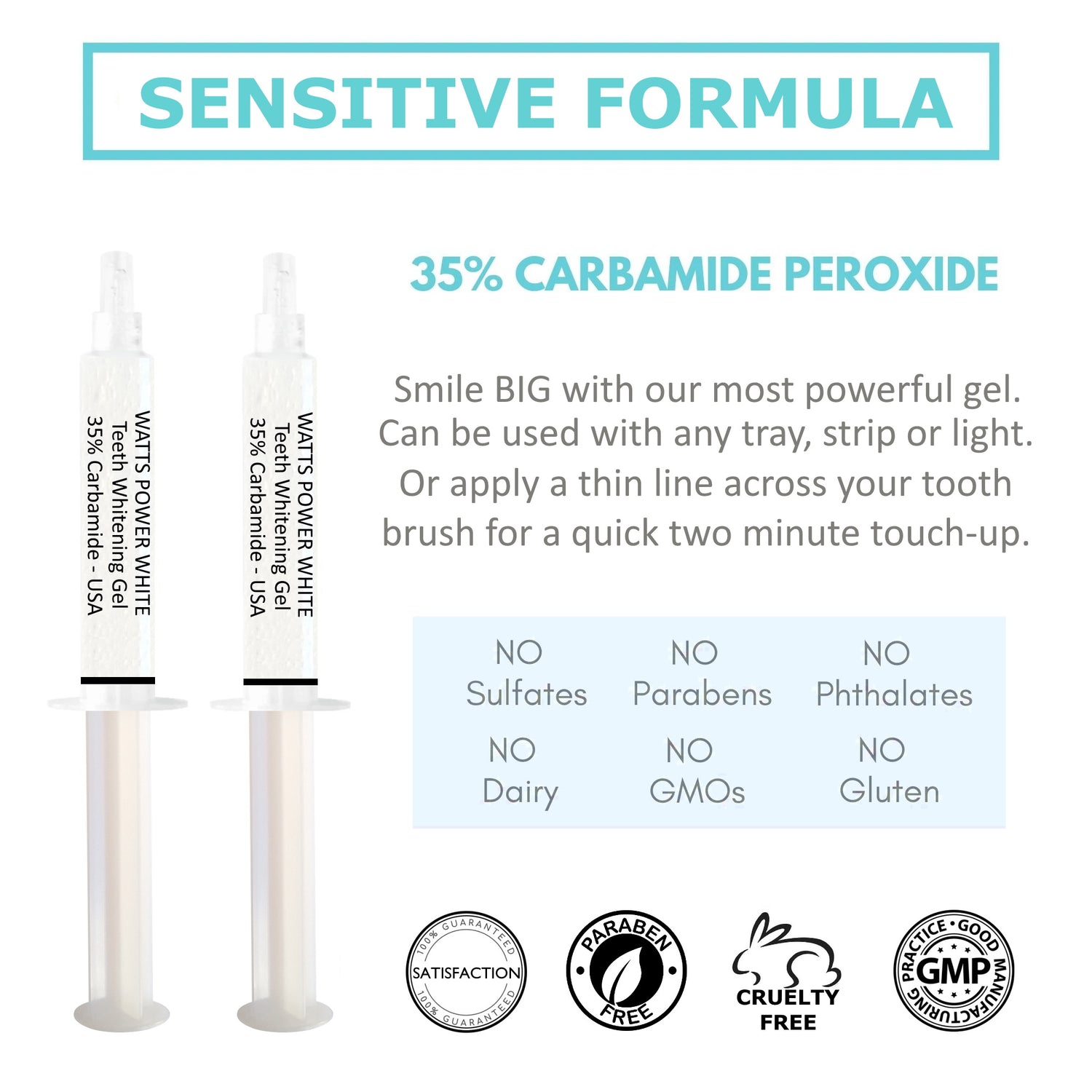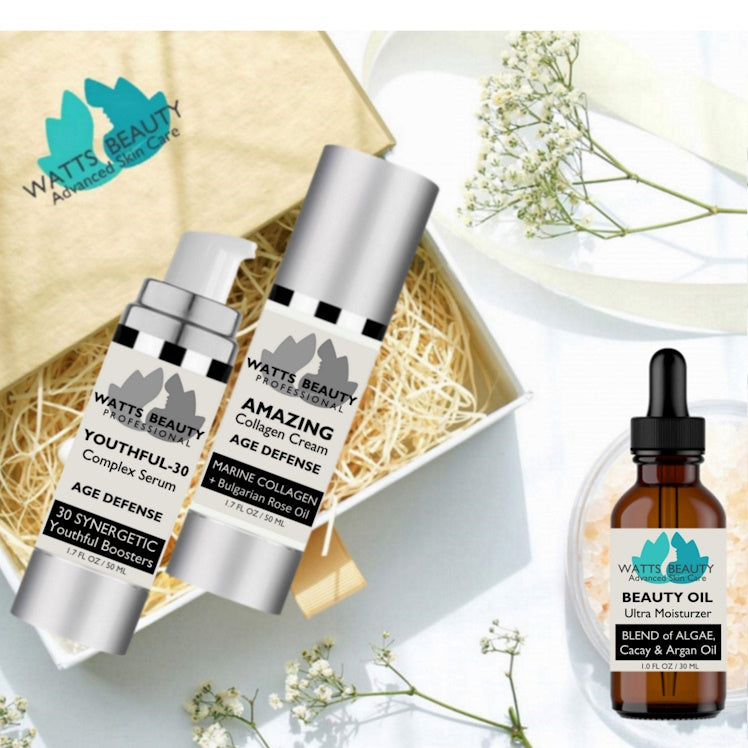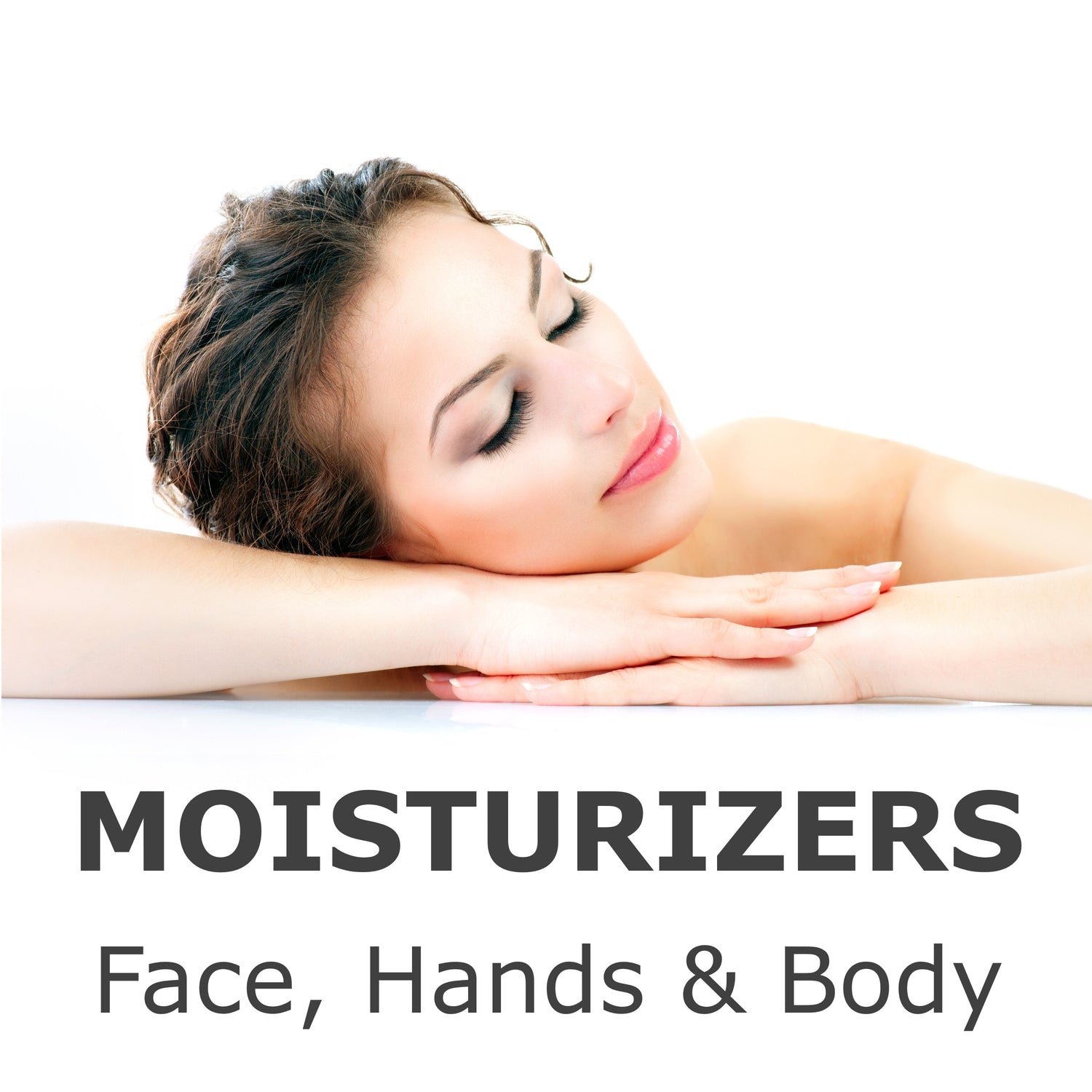The Role of Exfoliation in Healthy Skin
Exfoliation is one of the cornerstones of an effective skincare routine. It is the process of removing dead skin cells from the surface of your skin to reveal fresh, new skin underneath. When done correctly, exfoliation offers numerous benefits, from enhancing your skin's texture to promoting a youthful glow. It plays a pivotal role in maintaining healthy skin by supporting natural processes such as cell turnover and unclogging pores. In this article, we'll explore why exfoliation is essential, how it works, and how you can incorporate it into your skincare routine for maximum benefits.
What Is Exfoliation?
Exfoliation is the process of sloughing off the dead skin cells that naturally accumulate on the surface of your skin. These cells can contribute to a dull complexion, clogged pores, and uneven texture. As new skin cells are produced deep within the dermis, they make their way to the surface of the skin. However, over time, the shedding of these old cells slows down, which can cause a buildup of dead skin on the surface.
There are two primary types of exfoliation: physical and chemical.
- Physical exfoliation involves manually scrubbing the skin with gritty substances, such as scrubs, brushes, or sponges, to remove the dead cells.
- Chemical exfoliation uses active ingredients like alpha hydroxy acids (AHAs) and beta hydroxy acids (BHAs) to dissolve and loosen the bonds between dead skin cells, allowing them to be sloughed off without scrubbing.
Both methods are effective, but the key lies in choosing the right exfoliation technique for your skin type and concerns.
The Benefits of Exfoliation
Exfoliating regularly provides a wide range of benefits that contribute to the overall health and appearance of your skin. Let's take a closer look at some of the most significant advantages of exfoliation.
1. Promotes Healthy Skin Cell Turnover
Cell turnover is the process by which your skin sheds old, damaged skin cells and produces new, healthy ones. As we age, cell turnover naturally slows down, which can cause skin to appear dull, dry, and uneven. Exfoliation accelerates this process by removing the build-up of dead skin cells and stimulating the production of fresh ones. This can lead to a brighter, more radiant complexion, and give the skin a smoother, more youthful appearance.
2. Prevents Clogged Pores and Breakouts
Dead skin cells can easily clog your pores, trapping oil, dirt, and bacteria beneath the surface. This can lead to blackheads, whiteheads, and acne breakouts. By regularly exfoliating, you remove the debris and dead skin that could otherwise cause blockages. Exfoliating also helps to clear out pores, which can reduce the frequency of breakouts and the overall appearance of acne.
3. Improves Skin Texture
Uneven skin texture is a common concern, often caused by dryness, rough patches, or scarring. Exfoliation helps to smooth out the skin by removing the layers of dead skin that can make your complexion look rough or uneven. As new skin cells are exposed, your skin feels softer and looks more even. It's a simple way to achieve that coveted smooth, glowing complexion.
4. Enhances the Absorption of Skincare Products
When dead skin cells build up on the surface of the skin, they create a barrier that can prevent your serums, moisturizers, and other skincare products from penetrating effectively. By exfoliating, you remove this layer, allowing your skincare products to absorb more deeply into the skin. This can make your other skincare treatments more effective, helping active ingredients like hyaluronic acid, retinol, or Vitamin C to work better and deliver visible results.
5. Helps Fade Dark Spots and Hyperpigmentation
Hyperpigmentation, such as dark spots, sun spots, and melasma, occurs when the skin produces excess melanin in response to sun exposure, inflammation, or other triggers. Regular exfoliation helps fade these spots by accelerating the turnover of skin cells, giving way to brighter, more even-toned skin. Over time, exfoliation can help to reduce the appearance of these dark spots and even out skin tone.
6. Stimulates Collagen Production
Collagen is a protein that gives your skin its firmness, elasticity, and youthful appearance. As we age, collagen production decreases, contributing to the formation of fine lines and wrinkles. Exfoliation encourages the production of collagen by triggering the skin's natural repair processes. This can help to maintain the skin's firmness and elasticity, reducing the appearance of fine lines and keeping the skin looking plump and youthful.
Different Types of Exfoliation
As mentioned earlier, exfoliation can be done in two primary ways: physical and chemical. Let's break down these methods and how they work.
Physical Exfoliation
Physical exfoliation uses abrasive materials to manually scrub away dead skin cells. Common exfoliants include:
- Scrubs: These are products containing small, gritty particles (such as sugar, salt, or ground nuts) that physically slough off dead skin when massaged onto the skin.
- Exfoliating brushes and sponges: Tools like facial brushes, loofahs, or sponges are used to manually exfoliate the skin through gentle scrubbing.
- Microdermabrasion: A professional treatment that uses tiny crystals to exfoliate the skin, often performed in dermatology clinics or spas.
While physical exfoliation can provide immediate smoothness, it's important to use gentle pressure to avoid damaging the skin. Over-scrubbing can cause irritation, redness, or microtears in the skin, so be mindful of the pressure you apply and the frequency of exfoliation.
Chemical Exfoliation
Chemical exfoliants use active ingredients to dissolve the bonds between dead skin cells, making it easier for them to slough off. The two most common types of chemical exfoliants are:
- Alpha Hydroxy Acids (AHAs): These water-soluble acids, such as glycolic acid and lactic acid, work on the surface of the skin to exfoliate and improve texture. AHAs are best for dry or sensitive skin types.
- Beta Hydroxy Acids (BHAs): Salicylic acid is the most popular BHA. Unlike AHAs, BHAs are oil-soluble, meaning they can penetrate deeper into the pores to exfoliate from within. This makes BHAs especially effective for oily or acne-prone skin.
Chemical exfoliants can be gentler than physical exfoliants and provide a more even exfoliation. However, they may cause irritation if used too frequently or in high concentrations, so it's crucial to follow the instructions and gradually introduce them into your skincare routine.
How to Incorporate Exfoliation Into Your Routine
Exfoliation should be an integral part of your skincare routine, but it's important to approach it with care. Here are some tips to incorporate exfoliation safely and effectively into your skincare regimen:
- Choose the Right Exfoliant for Your Skin Type: If you have sensitive skin, opt for a gentle chemical exfoliant like lactic acid. If you have oily or acne-prone skin, salicylic acid (BHA) is ideal. For dry skin, try an AHA-based product to help improve moisture retention.
- Start Slowly: If you're new to exfoliating, begin with once a week and gradually increase the frequency to two or three times a week, depending on your skin's tolerance.
- Avoid Over-Exfoliating: Exfoliating too often can damage the skin barrier, leading to irritation, redness, and sensitivity. Stick to a routine that works for your skin type and needs.
- Follow Up with Moisturizer: After exfoliating, your skin may feel drier, so it's important to follow up with a good moisturizer to replenish hydration and lock in moisture.
- Don't Forget Sunscreen: Exfoliation can make your skin more sensitive to the sun, so always apply sunscreen with SPF 30 or higher during the day to protect your newly revealed skin from harmful UV rays.
Healthy Skin
Exfoliation is a crucial step in maintaining healthy, glowing skin. By removing dead skin cells, promoting cell turnover, and improving skin texture, regular exfoliation helps keep the skin looking youthful, smooth, and radiant. Whether you choose physical or chemical exfoliation, it's essential to find a routine that works for your skin type and needs. With the right exfoliation practices, you can prevent clogged pores, reduce acne, and enhance the effectiveness of your skincare products, ultimately revealing your most vibrant, healthy skin.
Disclaimer: The above helpful resources content contains personal opinions and experiences. The information provided is for general knowledge and does not constitute professional advice.
You may also be interested in: Watts Beauty Clear Smooth Glycolic Serum for Daily Exfoliation ...
Frustrated with skincare products that overpromise and underdeliver? Your medicine cabinet tells the story of broken promises. Watts Beauty was created by medical professionals who understand this frustration. Our clinically tested formulas deliver visible results at affordable prices - professional-grade ingredients starting at just $13. Each purchase also helps domestic violence survivors rebuild their lives. Join thousands of satisfied customers who've discovered skincare that keeps its promises. Shop now and reveal your radiant skin today!
Powered by flareAI.
